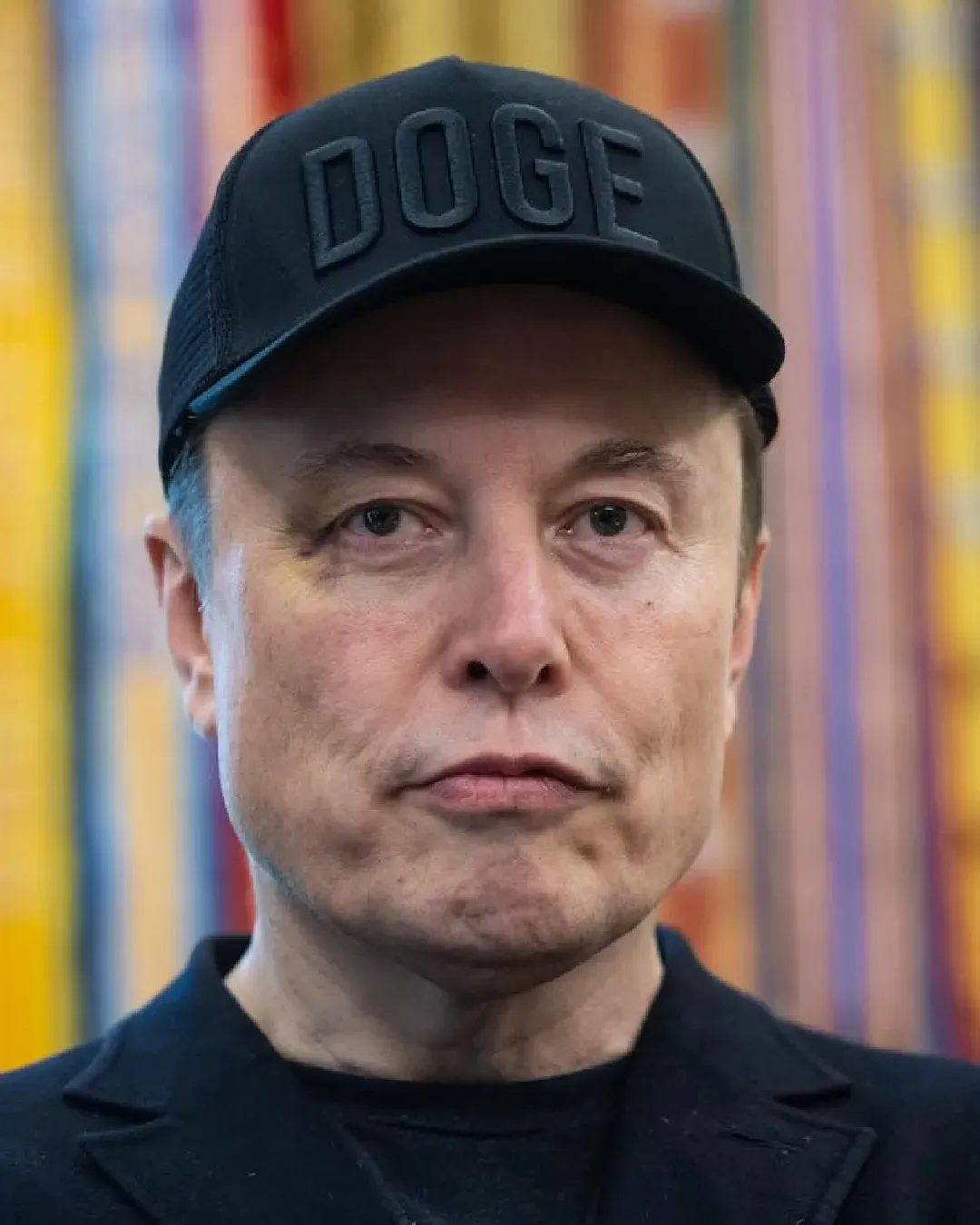
Has Elon Musk finally installed a computer in a human? Meanwhile, it will be able to initiate the first clinical study on humans
«We are excited to announce FDA authorization to initiate our first human clinical study.» With this tweet, Neuralink, Elon Musk's company working on connecting the human brain to computers, announced that it has received authorization from the Food and Drug Administration (FDA) – the U.S. federal agency responsible for drugs and medical devices – to experiment with its technologies on humans, following tests on various animal species. In particular, Neuralink is working on a system that can restore communication between the brain and the rest of the nervous system, allowing, for example, individuals with spinal cord injuries to regain the ability to move. Promising results from initial experiments on rats and pigs had allowed Neuralink to establish itself in the field of neural interfaces, which are implants that enable direct communication between the brain and an external device, such as a computer. This Monday, Musk announced the actual success of the first experiment on a human body, the installation of a computer in a person. According to the entrepreneur, the patient is recovering, but it will take months to understand the results of the operation.The company, founded in 2016 (although its activities were made public only in 2019), has raised over $350 million in funding over the years, which is considered a substantial amount for this field, and now employs approximately 400 people, including some prominent neuroscientists.
What sets Neuralink apart?
Neural interfaces could enable patients with paralysis, neurological issues, and other debilitating diseases to restore their motor functions. Neuralink is not the first entity to experiment in this field: various research centers have been studying brain or spinal cord implants for several years to restore communication with the rest of the nervous system. Progress in general is encouraging, but non-invasive devices are still a long way off. Neuralink, however, has succeeded in developing tiny electrodes that can be implanted with a relatively simple procedure. But Musk's company has an even more ambitious goal: in addition to brain implants to treat conditions like paralysis, Neuralink is exploring systems that could potentially enhance human brain activities in the future – "with our technology, we want to go beyond the capabilities of a normal human body," the company has stated. Musk envisions that in the future, the system could lead to a "symbiosis with artificial intelligence," thus merging the capabilities of our brain with those of a computer. Although this goal may seem futuristic today, it is important to remember that just a few years ago, the possibility of creating mini-implants like those developed by Neuralink was considered highly unlikely.
How does Neuralink technology work?
The brain and spinal cord are part of the nervous system, which functions through the exchange of electrical and chemical signals; in people who suffer from paralysis, for example, these communications are disrupted, making certain movements or sensory perceptions impossible. Creating grafts capable of intercepting the chemical and electrical signals of the nervous system and re-establishing communication within the body has proven to be a challenging problem to overcome. Neuralink has achieved promising results in this regard thanks to a "flexible" and miniaturized implant consisting of a large number of sensors, which significantly reduces the risk of harm to the patient and allows for the transmission of more information than traditional implants.
Critiques of Musk's Approach
Enables control of your phone or computer, and through them almost any device, just by thinking.
— Elon Musk (@elonmusk) January 30, 2024
Initial users will be those who have lost the use of their limbs.
Imagine if Stephen Hawking could communicate faster than a speed typist or auctioneer. That is the goal.
Thanks to the recent FDA authorization, Neuralink can now conduct clinical trials of its system directly on humans. If they prove to be effective and safe, the company can then seek approval for the commercialization of its devices. However, not all experts are convinced that Neuralink will continue to achieve success in the long term: Musk's company is managed in a manner similar to Silicon Valley startups, and for this reason, it has been criticized for its approach to research projects. This blend of traditional research approaches and the organization of a large technology company has already led some scientists to leave the company. Furthermore, according to some former employees, the work environment is highly competitive, which does not promote the "healthy" development of research projects.


















































